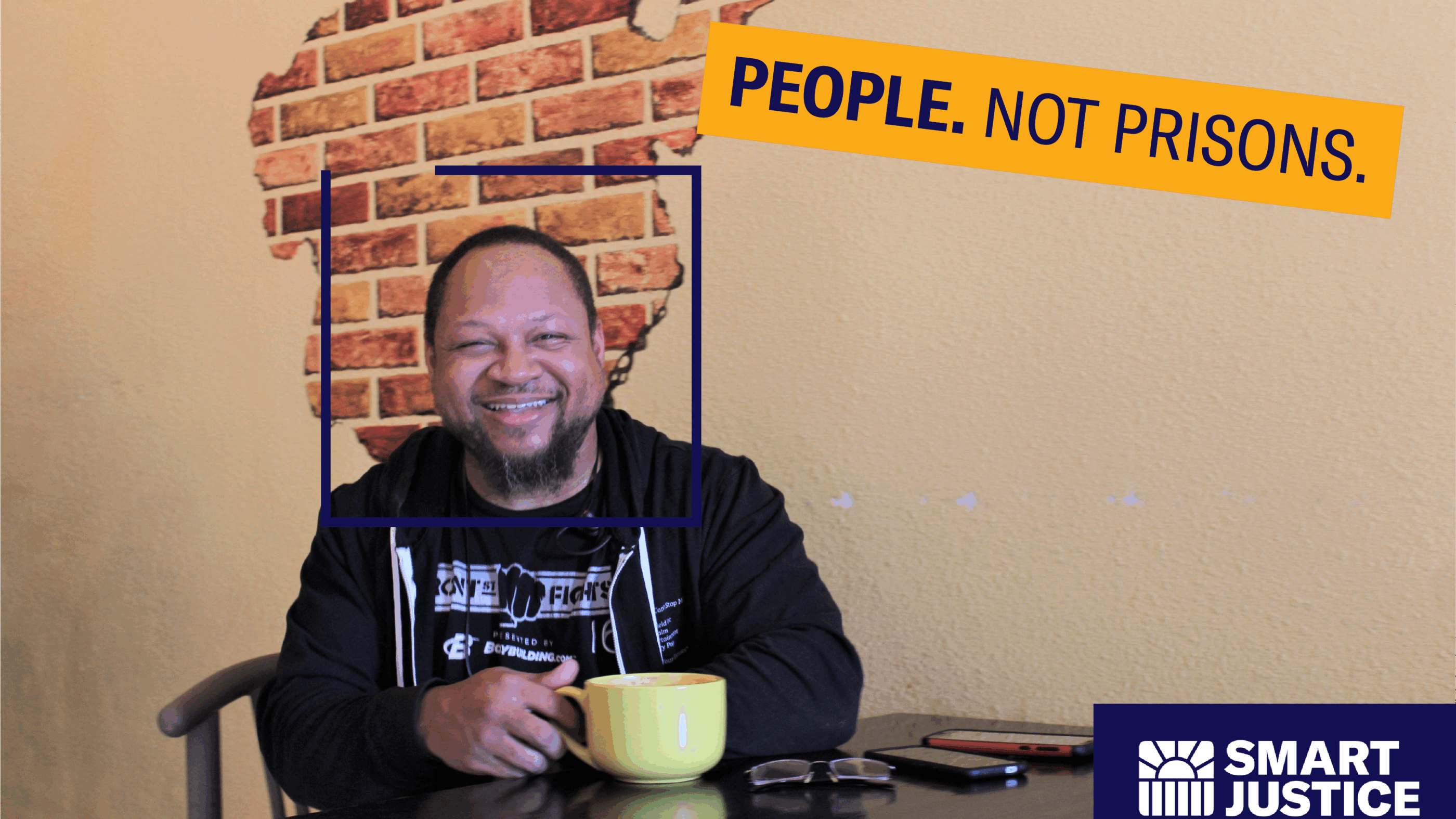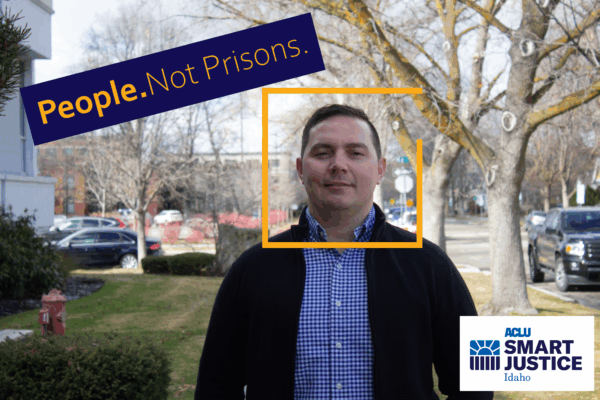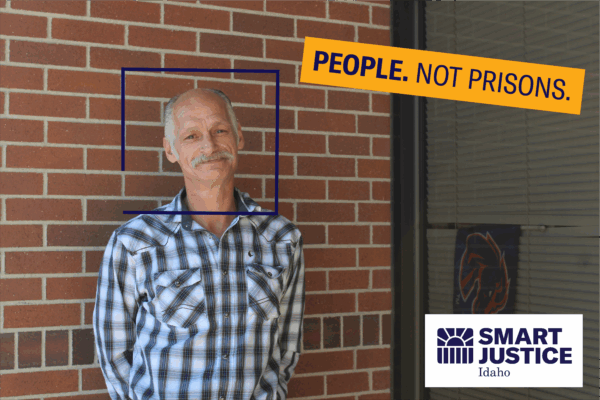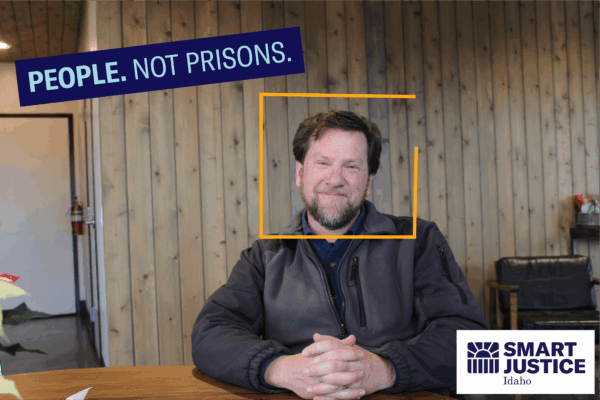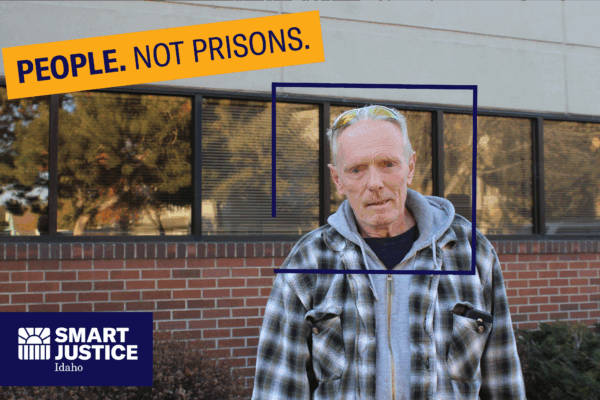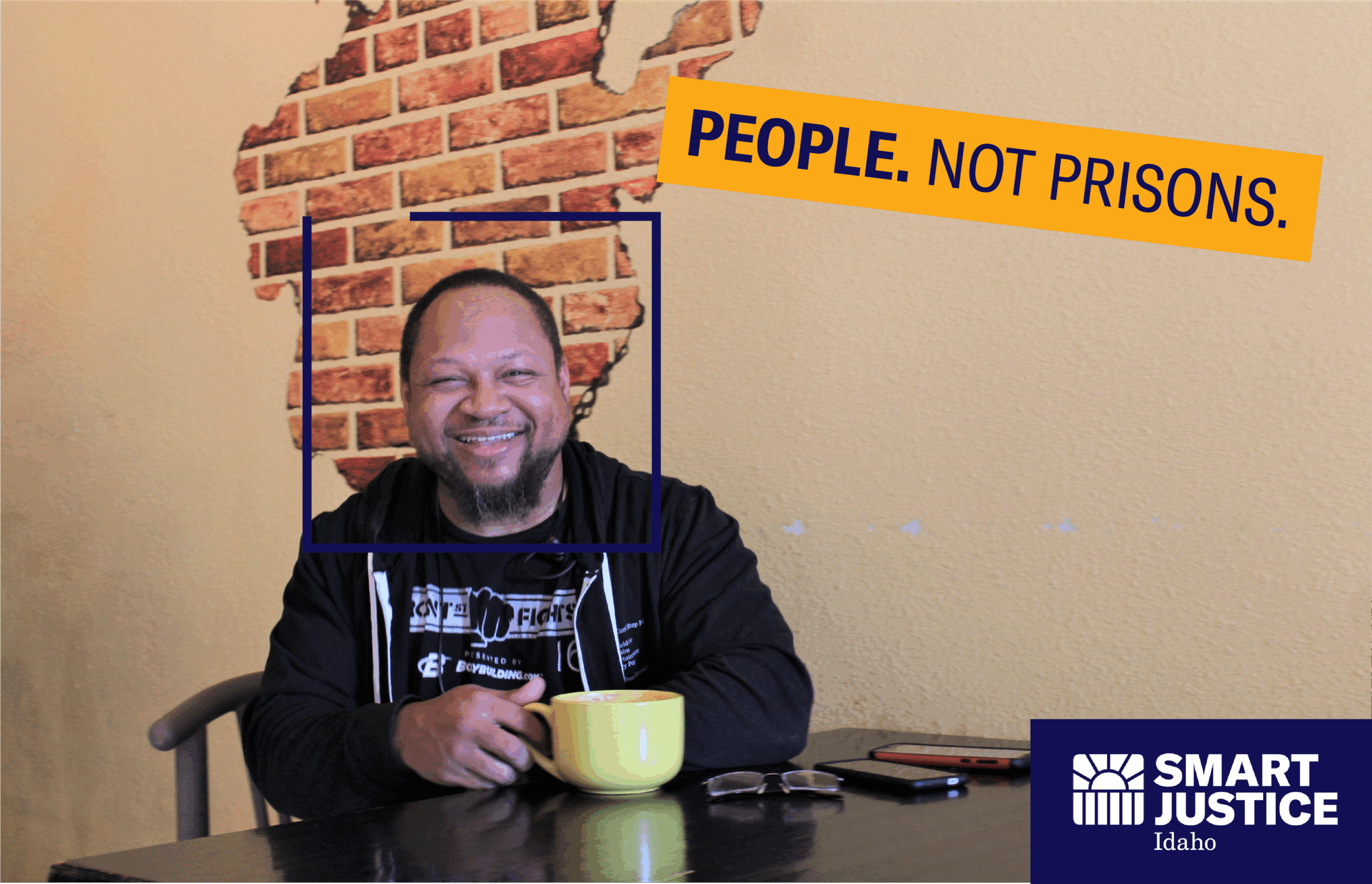
About the Smart Justice Idaho Stories Project
Too many Idahoans have been negatively affected by our criminal justice system--a system that still relies on out-of-date, "tough on crime" policies and punitive approaches to justice that don't work and aren't right for Idaho.
We believe in the power of Idahoans stories to shape the conversation around criminal justice reform in our state. Together, we can transform Idaho's criminal justice system to be more fair, equitable and rooted in community based solutions.
Dennis
Dennis Richardson has been a resident of Idaho since 1989. He has six children and four grandchildren. He studied criminology at Boise State University. His first arrest was in 1992, right out of high school, for lewd conduct with his girlfriend. Mr. Richardson was two years older than his girlfriend and was given a three year sentence. He was sent to prison in 1997 and was sentenced to eight years after being charged with Delivery of a Controlled Substance. He was sentenced to eight years for this. Because of difficulties finding employment post-incarceration, he started several local businesses, many of which help felons find housing and employment. His businesses include DrugShield, B-Calm, and Felony Friendly 208.
Are you currently employed and have you had trouble finding employment post-incarceration?
I had to start all of my own businesses. Getting employment was impossible unless you knew someone specifically, had a direct referral, or [help from a] friend of a friend. Outside of that, you’re doomed.
How have you been affected Idaho's criminal justice system?
The criminal justice system saved my life, and then they ruined my life at the same time. Even today, they continue to ruin my life even though I’m done serving my time and obligations that I was sentenced to. I’m not on parole, I’m not on probation, and I have no pending charges. The criminal system still enacts their power on me, my family, and my businesses and do everything they can do destroy me.
How did your convictions affect you and your family financially and emotionally?
The consistent attacks are just indescribable. Not only were they attacks against me, but people would attack my children in school. They would get into fights or get jumped defending the name of their father to individuals who knew nothing about the circumstances of my crimes. When you see those crimes, there’s no details with them. They just say ‘this is what you are’ and that’s it. They just leave it at that.
What is the biggest obstacle that you needed to overcome post-incarceration or that you’re still struggling with?
The felony and the stigma. When people look at you on paper, it doesn’t matter if you’re wearing a suit and tie or if you got your work boots on ready for construction. It doesn’t matter. When they see you on a piece on paper and they see that felony, you go to the bottom of the list and you’re not even considered for the most part. The felony is huge. When you have a felony, the stigma that comes with having that felony is that if you have a felony, you’re a criminal and cannot be trusted. We’ve had people tell us that we should have stayed locked up, that we shouldn’t be released to the community.
Once you get that “F” on your chest, the stigma will kill you forever. Idaho does not want to get involved with people who have felony records. In the employment arena, even if [employers] can get federal tax credits for hiring a felon, nobody wants you on their payroll. They just don’t want to mess with you. The state as a whole that gives mouth service about helping you in this situation are the first ones to try to destroy you.

